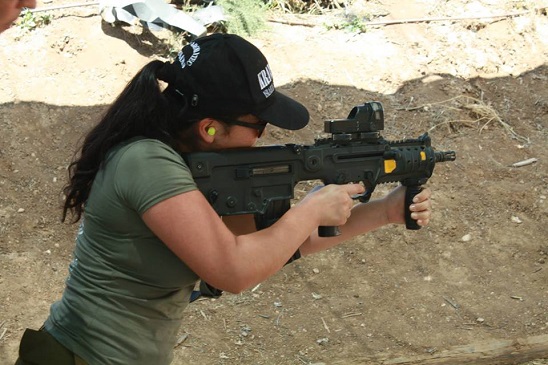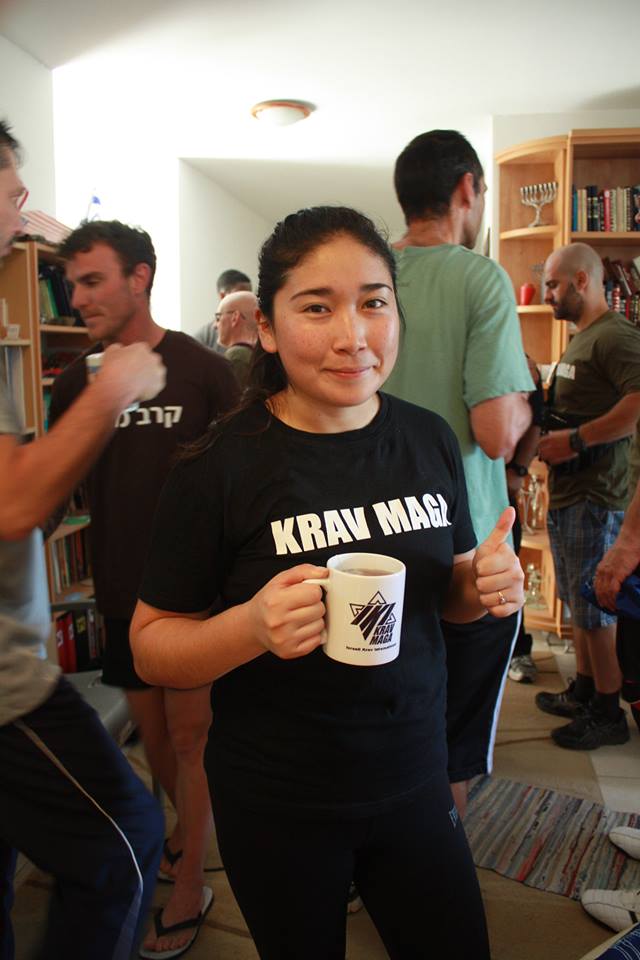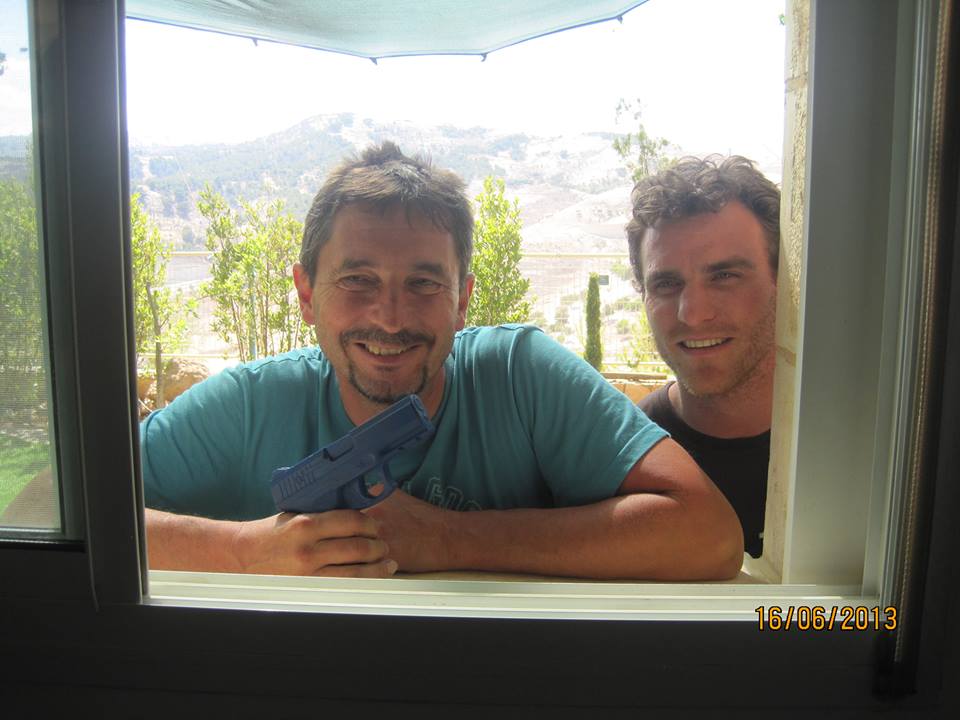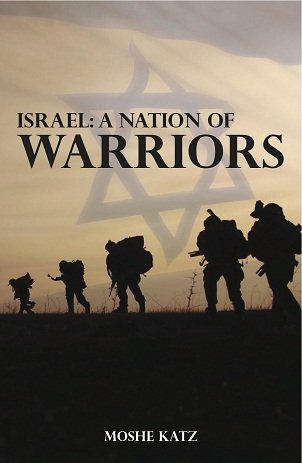- Home
- Krav Maga Blog
- Krav Instructors
- Train in Israel
- Tour Train Israel
- Krav Shop
- DVD
- Kickboxing
- IKI Near Me
- Seminars
- IKI Membership
- On-Line Training
- Krav Maga Training
- Testimonials
- History Krav Maga
- Instructors Page
- Past Blogs
- Spanish
- Italian
- Certification
- Contact
- Holland Seminar
- Vienna Seminar
- Poland Seminar
- Italy Seminar
- Belt Requirements
The Rabbi and Krav Maga
By Moshe Katz
September 28, 2013
Among the Jews of Yemenite descent there is a tradition of concluding the Sabbath and holiday prayers with the reading of a chapter from a book called Menorath HaMaor, מנורת המאור or the Light of the Candlesticks.
The book was written by Rabbi Yis'hok Abuhov יצחק אבוהב sometime in the 14th century in Spain. As
usual the Jews were facing terrible challenges from the Non Jewish world, this
book was meant to uplift their spirits and provide some spiritual guidance and
motivation.
It still does.
Much of the book is in Aramaic, a language spoken at the time and still understood by most of us. We read it in a chant and now and then the rabbi will interrupt to explain a point that might be unclear. Aramaic is still very much part of our service and contains a great deal of our history.
The honor to read the chapter is decided by bidding. A little auction is held and the winner makes a pledge and earns the right to read the chapter, written by Rabbi Yis'hok Abuhov, 700 or so years ago...
Today we were reading about the importance of being dedicated to our studies.
"....it does not matter if the student is sharp or dull witted,
it does not matter if the student absorbs the material quickly or is slow,
..it does not matter if the student has a strong or weak memory,
what matters is his dedication. For there is no student who cannot learn. There is no student who will not eventually grasp his lesson, if he dedicates himself to his studies.
and there is another point, the joy of study. As it is written,"
כִּי אִם בְּתוֹרַת יְהוָה, חֶפְצוֹ; וּבְתוֹרָתוֹ יֶהְגֶּה, יוֹמָם וָלָיְלָה
If in the Torah of God in his desire, and in this Torah he is devoted night and day. (Psalms 1)
...for we learn from here that happiness in one's study is a key factor. One must enjoy his studies. For if he enjoys his studies he will study that much better, there must be joy in order to succeed."
That is what I remember from this morning....and I got to thinking. If I may apply the rabbi's holy words to our topic of Krav Maga, self-defense, which I also regard as holy, as sacred, as giving life to people; The sacred right of all people to live free, free from fear, free from pain; The right to live as they choose.
I have always said these words to my students, over many years, and now it is good to have "Rabbinic backing". It is not the strong one who succeeds in Krav Maga, or Kickboxing, or Judo, or Jujitsu, or Kung Fu. It is not the fast one; they all come and they go. Over more than 30 years I have seen them come and go. No, that is not a guarantee for success.
I have always said, one thing matters most and that is Dedication to the Cause; simply Sticking to it.
But there is another point, one that for a long time I was not aware of, one that I was missing, and it slowed me down. I eventually discovered it. It is what the rabbi refers to as "Joy in one's studies" as he quotes the book of Psalms.
But I did not know this. I was too harsh on myself. After every session at Itay's gym I would rate myself, give myself a score from one to ten. Usually I awarded myself a score was between 4 and 7, sometimes as low as 3. There was no joy, only pain and hard work. But this was wrong.
One day before class I had an unusual conversation with one of the tough guys in the gym, Oded Berenstein, today a respected MMA coach. He was saying, "I enjoy coming here, we train, we hang out, we fight, have fun and..I get a great work. All good fun."
I was in shock. I did not know that anyone viewed this hard training as fun. I did not know it was possible. It would take me years to internalize this message. But today, today that is a core part of my teaching. Today I know that it is better if students actually enjoy the training, and it does not make it less serious. Do not let anyone fool you.
As Yuriko Tadanobu said when she was being interviewed by the Israeli Press during Tour and Train, "With our previous Krav Maga instructor we were not allowed to smile. Smiling was considered inappropriate during class; we had to have harsh serious faces. With Moshe we learned another way, that you be deadly serious and still smile, you can enjoy the training."
So true!
Some instructors feel that only harsh words and harsh faces have a place in training. They feel that rebuking students, humiliated them and even hurting them is the way to be "tough". The more students who walk out cursing your name - the better. Shockingly enough there are students who actually feel this is good for them. They seem to enjoy the abuse.
But this is not the way. As the rabbi pointed out 700 years ago and as the Book of Psalms points out, it is better to train with joy. Joy does not mean you are lazy or not "tough enough". Joy does not hold you back, in fact, as Menorath HaMaor states, it motivates even the weaker student.
A student may not be the brightest, or the strongest, or have the best memory, but if he is dedicated and enjoys his training: He will succeed!
As they say in the Israeli army, Badook, it is proven. Enough said.

Yuriko Tadanobu,

smile... (Yuriko during coffee break, Tour and Train)

Berndt and Thomas, it is OK to smile. Berndt came from Austria, Thomas from Australia.
Israel: A Nation of Warriors

Required reading for ALL IKI Black Belt candidates and Instructors.
Being both an American and an Israeli, Moshe is in a unique position to analyze the two societies and the differences and commonalities between them.
What Makes a "Warrior Society"?
How did The United States of America begin as a Warrior Society and then change?
What is the true origin of Krav Maga?
What makes Israeli security and fighting unique?
read the book.
$9.99 on Kindle
Israel, A Nation of Warriors on Kindle
Distance Training with IKI Krav Maga.
Start your IKI Krav Training Today with on-line training.
On line videos, Krav Maga training directly to your home computer.
see all the details...Krav On Line.
Get
hundreds of clips and blogs each year, request any technique you like
or any situation, send in clips of yourself for evaluation or testing.
Not an automated program, but run by a real live person.